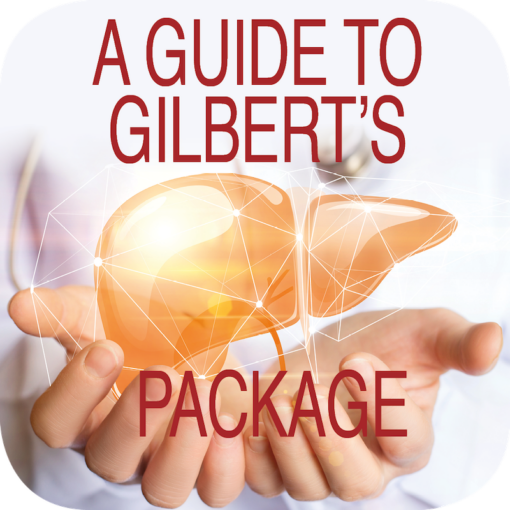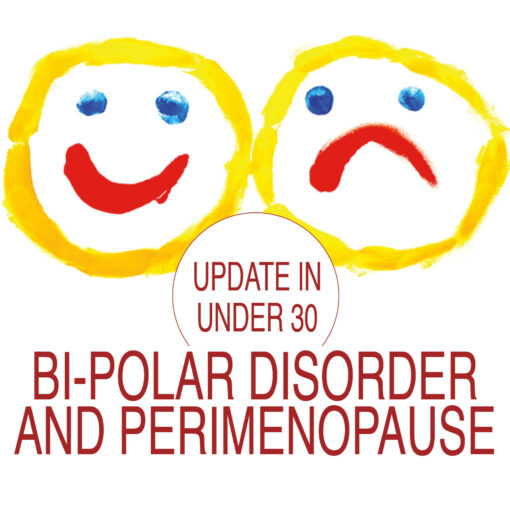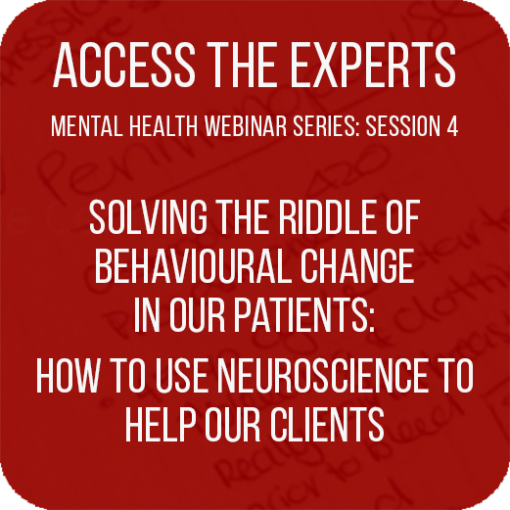Description
Recently during our regular monthly mentoring groups, a practitioner presented a fascinating case of a 35yo female suffering from pronounced GIT issues (GORD and chronic oesophagitis, gastropariesis, IBS, 15 years of PPI use) coupled with anxiety, panic attacks, broken sleep & a picture suggestive of oestrogen excess (short cycles, intense heavy bleeding, clotting & weight gain). Interestingly her fraternal twin sister presented with a very similar picture. Both happen to have genetic hyperbilirubinemia known as Gilbert’s syndrome. This means that, like 10-15% of Caucasians, they are homozygous for a mutation that diminishes the expression and activity of a major enzyme cluster within the glucuronidation pathway, a dominant pathway in phase 2 detoxification. In turn this impairs their ability to effectively metabolise bilirubin (as well as some other neurotransmitters, hormones & drugs) leading to higher levels of unconjugated bilirubin (UCB) called ‘Total’ or ‘Indirect’ bilirubin in E/LFT results.
Medicine refers to Gilbert’s syndrome as being a ‘benign condition’ with ‘no major associated health issues’ outside of reduced toxicity thresholds for some medications i.e. paracetamol, however, researchers in Gilbert’s syndrome and of course the patients themselves have a very different story!
In fact only 8% of patients with the condition report being asymptomatic, while the rest experience significant GIT, vasomotor and psychiatric health issues.
Once you learn about the biochemistry of bilirubin and the impact of impaired glucuronidation these associated health issues all make sense. Is it possible that some of your patients have Gilbert’s syndrome? Absolutely! Its prevalence in our population is fairly high and it frequently goes unrecognised/undiagnosed, so watch out for a pattern of elevated (>20 umol/L) Total bilirubin levels in your patients’ results and keep in mind it could be Gilberts. Want to know more about this condition including diagnosis & treatment?
This episode is also included in A Guide to Gilbert’s Package. Bringing together 3 essential audio’s on Gilbert’s Syndrome: Gilbert’s Girls; Gilbert’s Guts; Gilbert’s – New Goals and Good News.
Did you know you can subscribe to these? Become an Update in Under 30 Subscriber and save $$ and receive every month the latest research and access to the entire UU30 library of over 100+ episodes. Find out more here.








Reviews
There are no reviews yet.